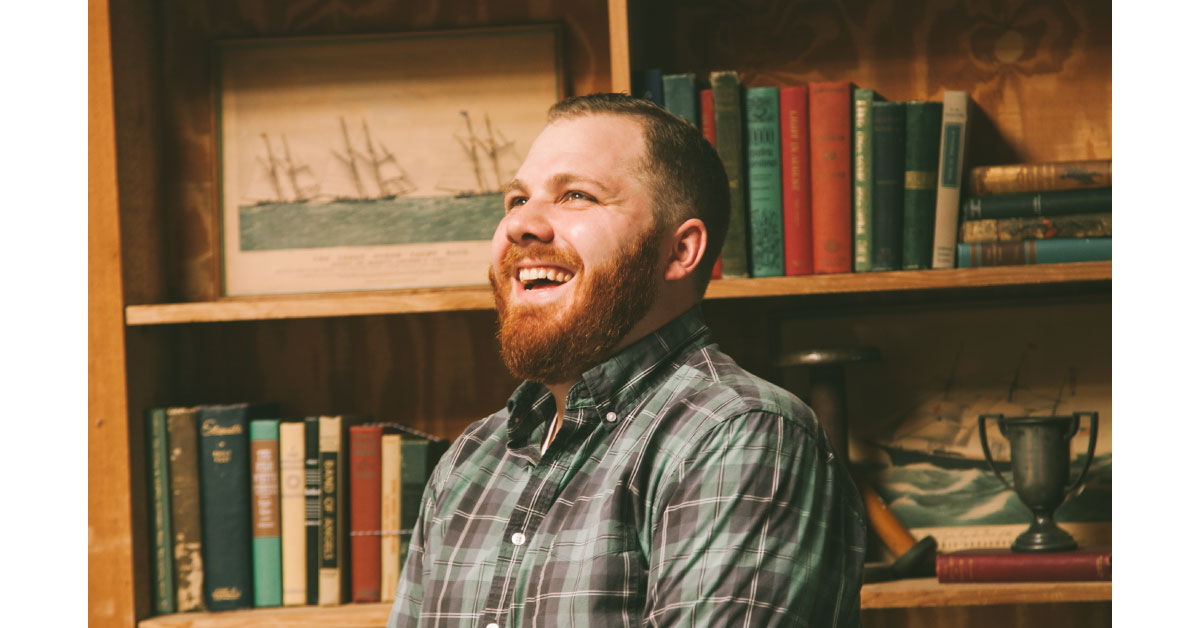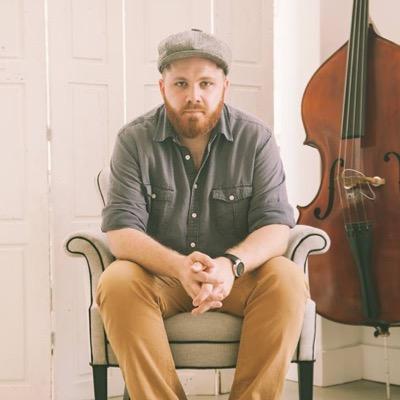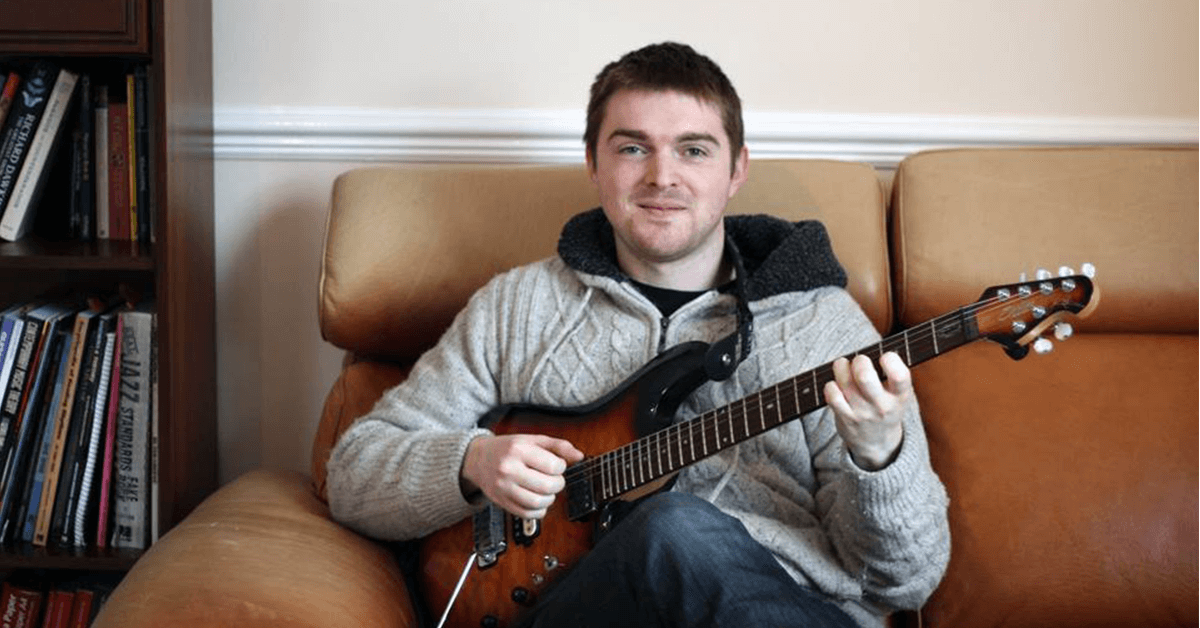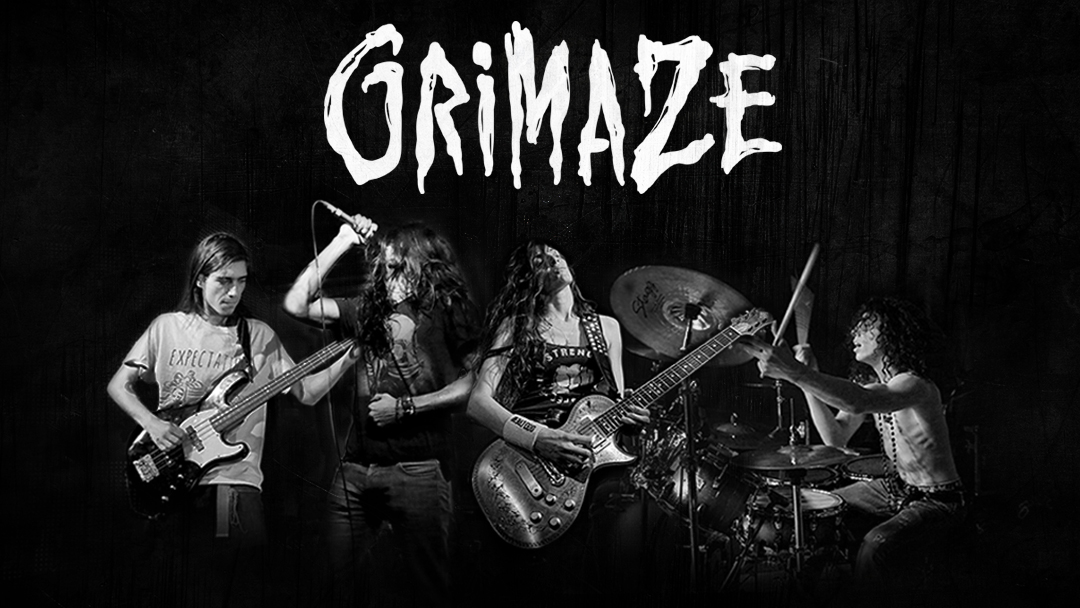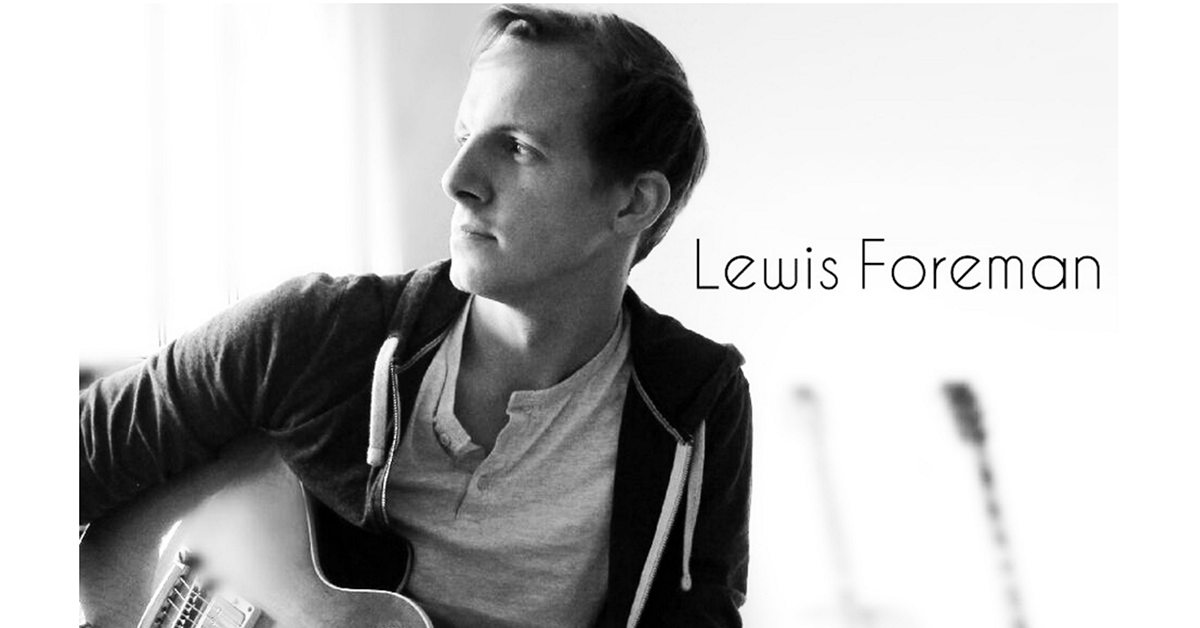How to “Make it Big”? Ask Brandon from Startup Musician.
If you’re a musician or trying to be one, you’ve probably bumped into Startup Musicianmore than a few times. Today we talk to Brandon, its creator and a successful freelance musician, about how one can “make it” nowadays. Enjoy 🙂
Hi there, Brandon! You’re a man of many talents, please introduce yourself to our readers!
Hi, my name is Brandon, I’m a musician based in the Los Angeles area. I’m primarily a freelance bass player. I get to play with all sorts of musicians varying in genres of music and settings. I also teach private lessons on my own as well as at a local college. I also run the website Startup Musician where I produce articles, podcasts, videos, and other resources for professional musicians.
How did you start in music?
I started playing music at age 5. My first instrument was the piano because that’s just what we did in my family. I kept taking lessons up to age 13. At age 10 I started on the upright bass in the school orchestra and electric bass at home. I kept playing from there all the way through middle and high school. Majoring in music was a no brainer for me, I wasn’t good at anything else!
Many independent musicians are struggling and can’t find their way to success. What keeps one from making it big, in your opinion?
I think we need to redefine what “making it big” means. The old idea of starting a band, getting signed, selling records, and touring the world is something that is increasingly disappearing these days. The great thing about the last 10-15 years in the music industry is that now ANYONE can make a pretty good sounding track or album out of their bedroom for a few hundred bucks. That’s incredible! The flip side is this: because it’s so easy to do, there’s a LOT more people doing it. The internet is flooded with people trying to get their music heard. Consumers listening to recorded music is at an all-time high, but hardly anyone is making much money from that.
For artists, I think it takes some creative thinking to figure out how to make a career out of music. For all intents and purposes, recorded music doesn’t make any money (unless you’re at the very top, or selling vinyl). So touring, merch, things like patreon, these are the new tools that artists have to make money with. There’s no set model yet either.
“The creative thinkers are the ones who are making it“
For freelance musicians like myself, it’s a different story. I don’t write original music, but I play bass for people that do. So that’s a whole other mindset in terms of “making it”. I don’t have a quick answer for this, but this is essentially what I’ve been exploring in my own career over the past 10 years.
What advantages does one have being on his own?
For me, being a freelancer has great advantages. I love the spontaneity of it. I love being in different places playing different music with different people. Also, because I do different things (upright bass vs. electric bass) I get a lot of unique experiences. Also, because I play AND teach, my income is diversified. When gigs are slow, my teaching helps cover the bills. When my students are on a break, it’s usually during a busier gig season. So being on my own and having multiple things that I do has allowed me to smooth over the hills and valleys that come with being self-employed.
In a sea of music online, what steps should a new band follow to get initial listeners? Please share a few tips.
This is something I don’t know a whole ton about. Like I said above, I think the Internet is flooded with artists trying to get their music heard, so it’s harder than ever to get new people to hear you. I would say initially having a small, strong fan base of friends and family who will promote your music on their social media would be a big plus. Now Facebook allows for previews of Spotify and Apple Music songs without leaving the Facebook app. It’ll be very interesting to see in the coming months how that helps artists get their music heard.
You’re helping musicians develop their business skills on Startup Musician – tell us some more about the project.
So like I mentioned above, I’ve been playing music all my life. I played all the way through middle and high school, and then majored in music in college. That was just something that I did and loved doing. I never really considered stopping. But after I earned my degree, I faced the incredibly difficult question of, “now what?” I was a good musician, but I had no idea how to turn that into a job. I wasn’t good enough to play in an orchestra, and I wasn’t in a band or anything, so how was this supposed to work?
I ended up discovering the world of freelance musicians. They’re everywhere, if you know where to look. It’s the musicians who haven’t won Grammys, aren’t household names, and probably haven’t been on MTV. This is what I’ve made a career out of: getting good at a few specific things and working with lots of different people with those things.
Everything I’ve ever read about the music business falls under one of these 2 things (and sometimes both):
– It’s not relevant to me as a freelancer (because it has to do with “making it” as an artist)
– It’s incredibly boring to read.
So, I started a website with one goal in mind: help musicians build their careers as freelancers in a non-boring way. I write articles, produce podcast interviews with musicians, and make videos for professional musicians. I also have other stuff like free sheet music and gear giveaways. I’m currently working on a book that will be out in the spring.
What are the most frequent questions you get on the site?
Probably the most frequent question I get is, “can *I* really do this?” to which the answer is always, “yes!” Just because music is fun doesn’t mean it’s not a lot of hard work. If you’re willing to put in a lot of hard work, keep at it, and get back up after you fail, you can absolutely make a career out of music.
Which is the best advice you’ve given in your website so far, the most appreciated?
The article that has gotten the most views is called, “Why Musicians Should Stop Networking”. In this article, I basically say that “networking” in the old-fashioned sense of shoving a business card at someone and calling it a day is incredibly ineffective. Rather than focusing on “networking” and trying to leverage someone’s status for your own benefit, focus on cultivating real relationships with other people like you. Musicians WANT to work with their friends. So the more friends you have, the more work you’ll get.
“Networking is stupid. Instead, build solid relationships.”
Essentially it all comes down to this… You can read the full article here.
How could musicians earn enough and yet stay true to themselves these days?
As a freelancer, I’m in a unique position. Someone asks me to play their music, and in return they pay me. This means I’m playing lots of different music all the time. One thing I’ve learned is the difference between personal tastes in music and professional tastes in music.
Personally, I don’t care much for certain genres of music. But if someone is hiring me to play that style, I either have to put my own tastes to the side and do a great job, or turn down the gig. On the surface this might seem like selling out, but I would MUCH rather play a style of music I don’t care for every so often than go get a part time job.
Of course, if you do this too much, you start to get cynical and unhappy. For this reason, I think it’s good to every so often do a free gig with people you love, playing music that you love. These are the gigs that remind you why you got into music in the first place. Whenever I do one of those, I feel musically refreshed.
How would you compare online to in-person teaching and learning?
I’ve personally never taken or taught an online lesson, but I’m excited about the Internet’s ability to connect people from all across the world so they can share their musical knowledge.
What do you think of Drooble?
I love that there’s a place on the Internet for musicians to interact with each other, take lessons, and share music. I’m excited to see Drooble grow in the coming months and years and see how it brings musicians together.
Own words?
Thanks to Drooble for having me for this interview! I’d love to hear from you! Feel free to find me online at my website as well as the various social networks!

